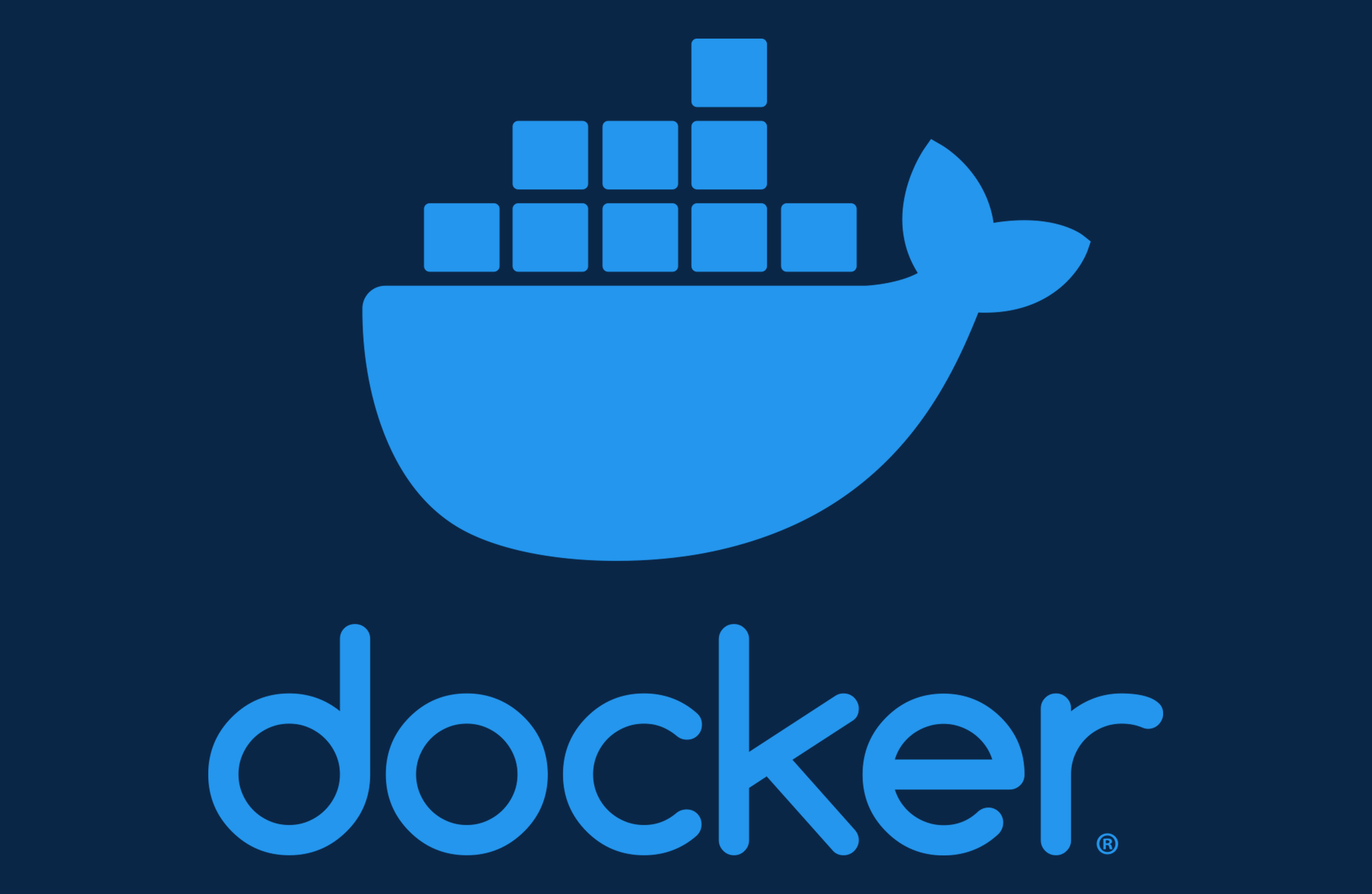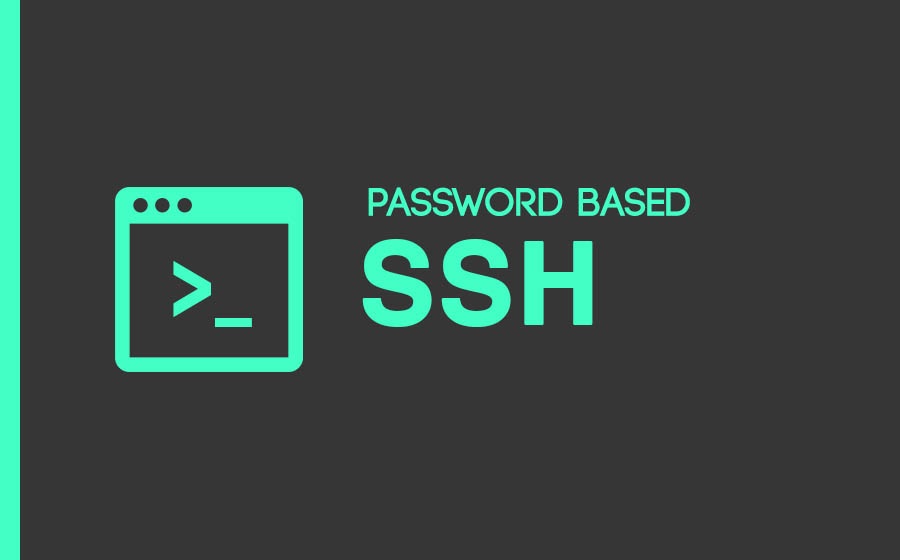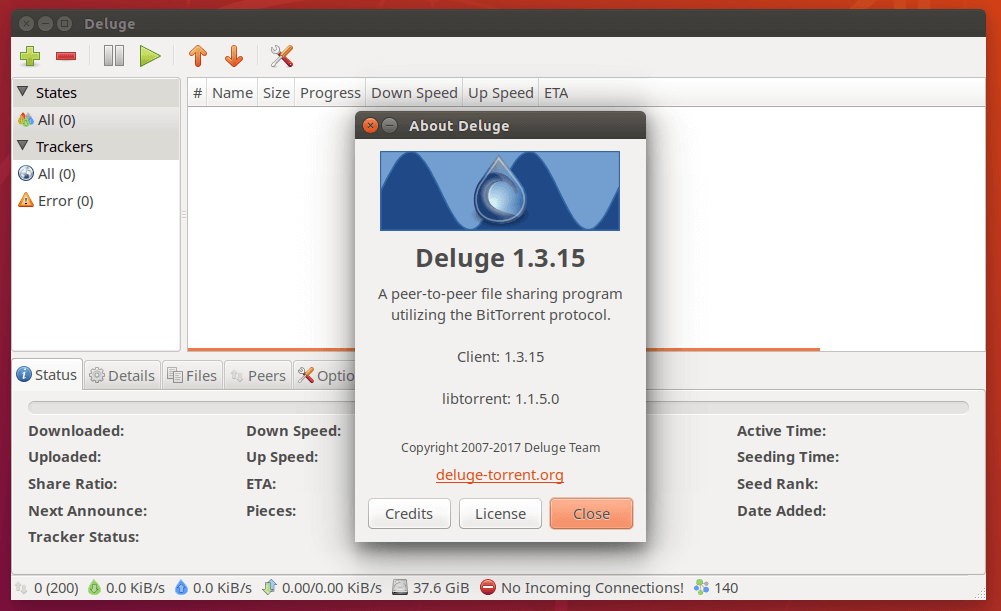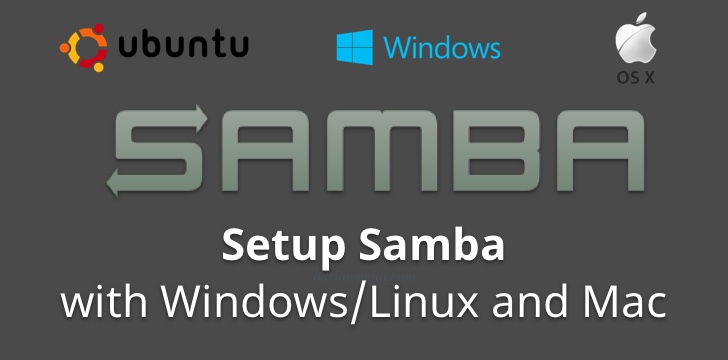-

Install Docker Engine on Ubuntu
Prerequisites OS Requirments To install Docker Engine, you need the 64-bit version of one of these Ubuntu versions: Docker Engine for Ubuntu is compatible with x86_64 (or amd64), armhf, arm64, s390x, and ppc64le (ppc64el) architectures. Uninstall old versions Before you can install Docker Engine, you must first make sure that any conflicting packages are uninstalled.…
-

Enable SSH Password Authentication
Some server providers, such as Amazon EC2 and OCI, disable SSH password authentication by default. That is, you can only log in over SSH using public key authentication. SFTP is a protocol that runs over SSH, so this means SFTP using passwords will not work by default when SSH password authentication is disabled. To enable…
-

Install Jackett & Sonarr on Ubuntu
Install .Net Install Jackett Go to https://github.com/Jackett/Jackett/releases, download the latest depending on the architecture Unpack the Jackett release Make the Jackett installation folder Move the unzipped Jackett installation Change ownership of /opt/jackett to your main user Test running Jackett, which runs on port 9117 http://IP:9117 Runs OK? Then you can opt-in to start Jackett at…
-

Install Squid proxy on Ubuntu
Squid is a famous solution for content delivery. There are many purposes for using it could be. Popular aims are improving privacy and making connections more secure or faster. Proxy could be useful to avoid geographical restrictions or research “target” host behavior depending on client location. Preparing Before starting the process you should ensure you…
-

Add Swap Space on Ubuntu
One way to guard against out-of-memory errors in applications is to add some swap space to your server. In this guide, we will cover how to add a swap file to an Ubuntu 20.04 server. What is Swap? Swap is a portion of hard drive storage that has been set aside for the operating system…
-

Set DNS Nameserver on Ubuntu
The Domain Name System (DNS) translates text-based domain names to numeric IP addresses. By default, most networks are configured to work with DNS servers supplied by the internet service provider. However, users are free to change the DNS nameservers. This tutorial will show you how to change DNS nameservers on your Ubuntu machine using the…
-

Create a New Sudo User on Ubuntu
By default, each file in Linux has its own permissions and directories. These permissions determine access rights or privileges that users have on the file. If you own a file or a directory, you can pretty much do anything you want with it – you can access it, edit it, rename and even delete it.…
-

Configure firewalld on Ubuntu
What is firewalld? A firewall is a way to protect machines from any unwanted traffic from outside. It enables users to control incoming network traffic on host machines by defining a set of firewall rules. These rules are used to sort the incoming traffic and either block it or allow it through. firewalld is a…
-

PHP MySQLi Prepared Statements
Prepared statements may seem intimidating at first, but once you get the hang of it, it’ll seem like second nature to you. The goal of this tutorial is to transform someone with little to no knowledge of prepared statements into an expert. How SQL Injection Works Now that we’re done with the theory, let’s get…
-

Changing the browser URL without refreshing the page
This new feature offers you a way to change the URL displayed in the browser through javascript without reloading the page. It will also create a back-button event and you even have a state object you can interact with. This means you won’t have to use the hash hack anymore if you want to add…
-

Install Virtualmin on Ubuntu
Virtualmin is an open-source web hosting and cloud control panel. It enables users to create multiple managed hosting environments and avoid switching to different servers. It’s secure and allows access to the server via an SSL-encrypted HTTP with little technical knowledge. In this article, you will learn how to install the Virtualmin Ubuntu control panel…
-

Install Deluge BitTorrent Client on Ubuntu Server
This tutorial will show you how to install Deluge on the Ubuntu server. Deluge is a free, open-source, and lightweight BitTorrent client, available for Linux, FreeBSD, macOS, and Windows. It has a rich collection of plugins that you can install to extend its functionality. For example, you can install the streaming plugin so you can…
-

Let’s Encrypt the SSL certificate in Namecheap AutoRenewal
Name Cheap doesn’t support Let’s Encrypt natively, But it provides an option so you can set up Let Encrypt SSL certificates using different utilities like get SSL or ACME.sh, having used both found acme.sh to be quite better and simple to use + it supports auto-renewal too. Enable SSH to get into your shared hosting…
-

Configure Samba Server Share on Ubuntu 22.04
File servers often need to accommodate a variety of different client systems. Running Samba on Ubuntu 22.04 allows Windows systems to connect and access files, as well as other Linux systems and macOS. An alternative solution would be to run an FTP/SFTP server on Ubuntu 22.04, which can also support connections from many systems. The…
-

Install FileBrowser on Ubuntu
File Browser provides you with a file managing interface and it can be used to upload, delete, preview, rename and edit your files. It also allows the creation of multiple users, and each user can have its own directory. I use it on some of my servers, such as Web or NGINX server; it is…
Got any book recommendations?